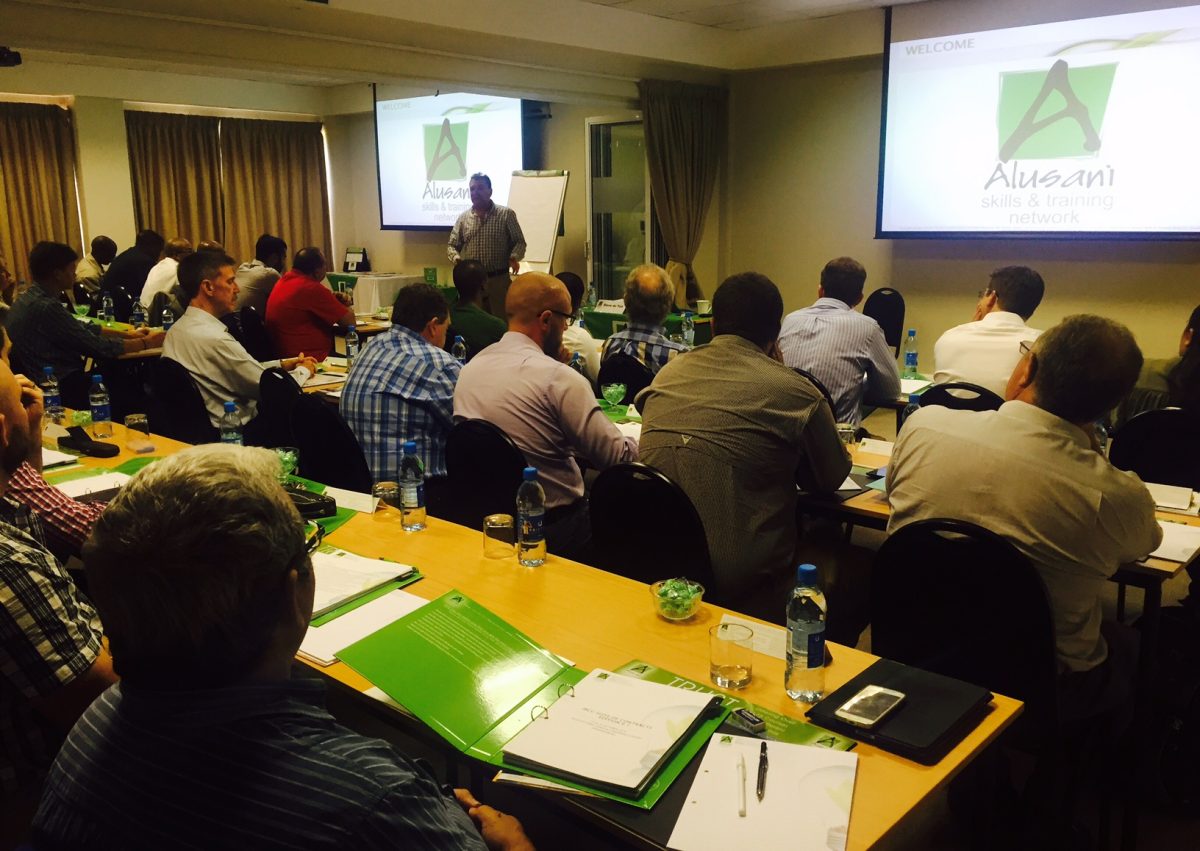
The Skills Development Act of 1998 seeks to empower the South African workforce with skills, to ensure employees access more opportunities for skill acquisition; create space for the new entrants to the labour market to gain work experience, introduce transformative tools through training and education to redress unfair discrimination practices in the labour market.
“As technological advancements and the Fourth Industrial Revolution bring significant changes to the construction industry, so the businesses and people operating in this shifting landscape need to equip themselves with the necessary skills to adapt and succeed,” says former President of Master Builders Association of the Western Cape (MBAWC) and Chairman of The Skills and Education Trust, John Matthews.

Celebrating its 130th year of existence, the MBAWC has historically offered training for Artisans in the building industry in the Western Cape. The MBAWC Skills Programme was, however, formalised in 2002, at around the same time as the Construction Sector Education & Training Authority (CETA) was introduced.
With a focus on continually upskilling workforces in the built environment, the MBAWC took the decision to purchase the Belhar Training College at the time as a way of ensuring that more students were exposed to the skills needed to successfully operate in the construction industry. Matthews said that it soon became apparent, however, that the Association could not be all things to all people and within a few years, sold the college to Northlink and formed the MBAWC Skills and Education Trust with the proceeds. “Since then, the Trust has grown from strength to strength and supports not only employees of members of the MBAWC, but also non-members within the industry. The Trust has over the years assisted more than 180 people become qualified Artisans, in addition to training many other individuals in various additional disciplines.”
To adapt to the changing landscape of the industry, the Trust has had to change its approach in recent years. While Artisan training remains a priority, the Trust now offers training across various levels within the building industry, adopting a more holistic approach. This in addition to granting bursaries to students studying in the built environment, regardless of their year of study.
Matthews says significant changes in the industry have required a change in the types of skills needed. “There has been a shift from focusing purely on what were previously deemed hard skills – that is, working physically with one’s hands – to include managerial and supervisory-centered skills. This shift has come about to boost Artisan specialist skills in order to bridge the shortage of entrepreneurial skills which have become necessary in the changing landscape. Our approach now is to enable trainees not only to hone their artisanal skills, but to manage their time, their teams and possible risks of their respective projects efficiently.”
The shift in the sector has also allowed for more employees to become supervisors, a role that requires a holistic view of the project. “Several people who have been through our skills programmes have moved from supervisors into senior management roles. A few have also been headhunted abroad. We believe our skills programmes do not only provide participants with valuable skills, they unlock the future for them,” adds Matthews.
From a legislative perspective, the MBAWC Skills Trust has remained abreast of all construction sector requirements. “To reduce on-site injuries, legislation related to Health and Safety has become increasingly stringent. This has also led to the Trust providing specialised training to aspiring Health and Safety Officers, who, once qualified, are able to register with the SACPCM, in order to work in health and safety departments on construction sites. The demand for Health and Safety Officers has increased in the sector, as they play a pivotal role, particularly on-site,” notes Matthews.
Matthews says the industry needs to continuously upskill its members to remain abreast of technological advances. “As the MBAWC we believe that skills enhance quality. When someone has the skills to build a house for a client, and it is done properly the first time, that person is likely to get a call back or a reference from that particular client. We have a vested interest in enhancing skills, because we know that the more skills people have, the better the quality of their output and as a result, we secure the future of our industry.”
More news
- PART 2: CONCRETE IN THE DESIGN OF A UNIQUE LUXURY HOME IN GEORGE, SOUTH AFRICA
- PART 1: CONCRETE IN THE DESIGN OF A UNIQUE LUXURY HOME IN GEORGE, SOUTH AFRICA
- MVULE GARDENS, AFRICA’S LARGEST 3D-PRINTED AFFORDABLE HOUSING PROJECT
- PART 3: HARNESSING THE POTENTIAL OF HIGH SULPHUR FLY ASH IN CONCRETE PRODUCTION
- PART 2: HARNESSING THE POTENTIAL OF HIGH SULPHUR FLY ASH IN CONCRETE PRODUCTION





